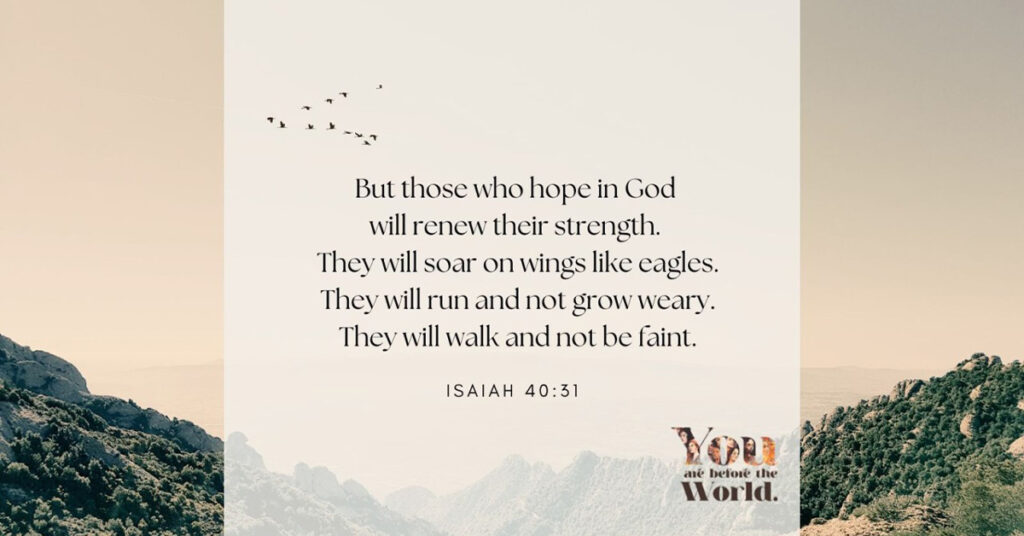The beauty of attending a historically Black college like Spelman is the specificity with which you learn about the Black experience. We didn’t have “Black History” classes. We had classes like “Violence Against Black Women in the Media” and “Original Works of the African Diaspora.” No surface-gliding. No generalities. All depth and nuance.
In December 2024, having just watched another well-made but pain-provoking film, I posted that I didn’t want to see any Black “struggle movies” for a while. I wanted to cozy up on my couch with marshmallow-topped hot cocoa to watch us dream dreams, fall in love, find joy, repair frayed parental ties, and learn life lessons the hard way but not the traumatic way. I wanted a new seat from which to witness our shared experience where I could be entertained without personalizing every act of aggression. Wicked, for example, was a beautifully reflective film, and it hurt to see a young, powerful, visibly different girl be vilified her entire life, then manipulated, and finally, targeted when she refused to succumb to a diabolical plot. Relatable.
Black women are the sacrificial lambs of our time, and when Elphaba flew off on that broomstick and declared her freedom, because “everyone deserves the chance to fly,” millions of us knew what it meant: she would be free, but also lonely and misunderstood for the rest of her life. I found this moment in the film both exhilarating and exhausting. I shed a few tears, much to my great niece’s bewilderment, because I knew exactly what Elphaba was giving up and why. And it was far more consequential than the chance to be degreenified. There’s always a yet higher calling, and Black women—along with others who’ve been chronically disrespected—are conditioned to answer. Our empathy is forged in each slight. In each moment of suffering.
This is the tightrope every helper walks: whether and how to split the difference between too much fight and not enough, and what’s worth sacrificing in the battle.
“I don’t want it. I can’t want it…anymore.”
For as long as I’ve been a witness and for years before that, the strength of Black women has been constructed atop a shared burden. We’ve been planting flowers in dry ground, while holding our collective breath on the other side of “still”:
A bad thing happened, and still…
A person disregarded me, and still…
I earned the opportunity, and still…
This deeply ingrained legacy of overcoming is something I feel both pride in and great resentment toward. Yes, we are resilient. And, we deserve to come to joy and peace and achievement and love and support with ease – the way others have and do. Why must we overcome as a prelude?
The struggle is real and relevant, especially now. I’ve been reflecting on the long-term implications of our very human response to this moment in time. Our psychological ties solidify more rampantly when we feel persecuted than when we share a common hope, and common hope is hard to cultivate in chaos. It needs foresight and planning and reinforcement to take root, to grow. When life comes at you fast—and keeps coming—it feels untenable to step back long enough to seed it.
With every post or article or example of near and present danger we share, we are bonding. And when we use chaos as glue, we make it stick. Sometimes I think we’re afraid we’ll lose each other without it.
The chaos is all around us, but I don’t want it anymore. I don’t want to breathe it in. I don’t want to create it. I don’t want to serve it to you. I want to find you in a place where the soil is fertile and the “stills” are fewer. A place with common hope. I want you to find me there, too. And I pray that we will hold onto each other long enough to get there.
Tara Jaye Frank
